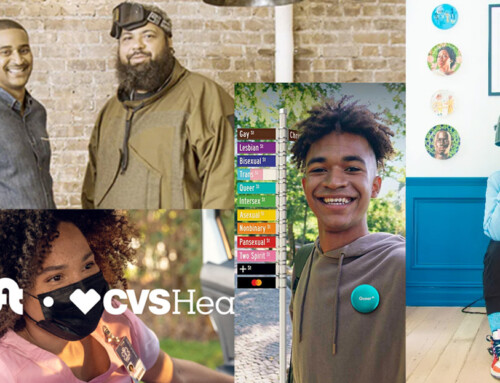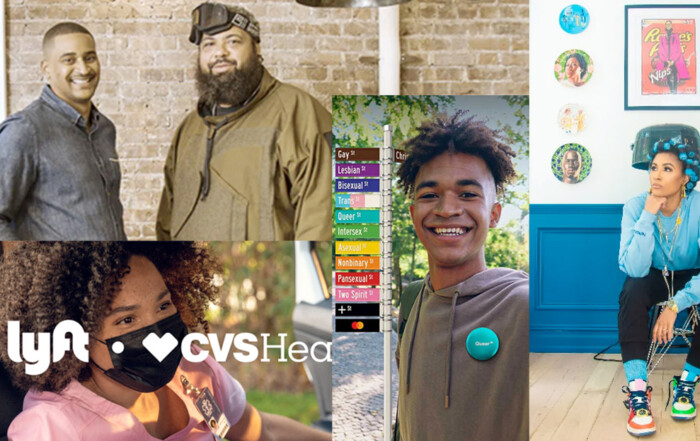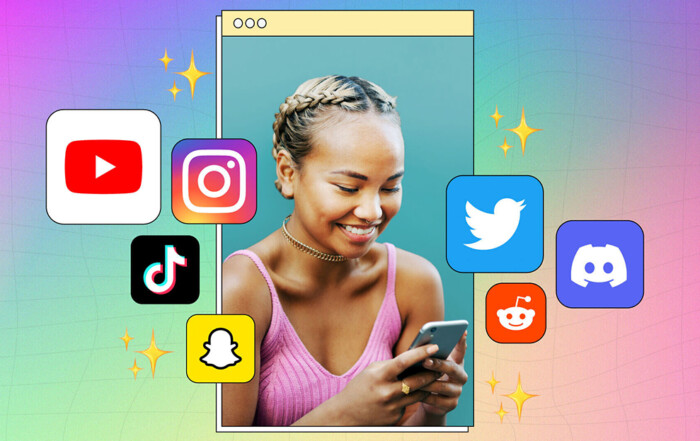Why Inclusive Marketing is the Future of Branding
In today’s rapidly evolving marketing and advertising world, focusing on diversity, equity, and inclusion (DEI) in campaigns is essential. With the rise of social media and Web 3.0, brands have more opportunities to connect with diverse audiences, and they must leverage these channels to remain relevant and competitive.
Research shows that inclusive marketing is a moral imperative and an intelligent business decision. The 2020 Edelman Earned Brand Study found that 87% of consumers are likelier to buy from a brand that stands for a belief system that aligns with their own. Brands prioritizing DEI in their messaging and imagery are more likely to attract and retain customers.
But what does inclusive marketing look like? It involves more than just featuring diverse faces in your ad campaigns. It requires a deep understanding of your audience and their needs and a commitment to representing them authentically and respectfully.
One key aspect of inclusive marketing is language. Brands must be mindful of the words they use, avoiding stereotypes and tokenism and ensuring that their messaging is inclusive of all communities. For example, rather than using gendered language like “he” or “she,” brands can use gender-neutral terms like “they” or “people.”
In addition to language, imagery is also critical. Brands must concerted effort to represent people of all backgrounds, genders, ages, and abilities in their campaigns. This means going beyond just showcasing diversity for diversity’s sake and instead telling authentic stories that reflect the experiences of real people.
It’s worth noting that inclusive marketing isn’t just a one-time effort; it requires an ongoing commitment to DEI in all aspects of a brand’s operations. This includes everything from hiring practices to product development to community engagement. By making DEI a central part of your brand’s identity, you’ll be doing the right thing and setting yourself up for success in a rapidly evolving marketplace.
Inclusive marketing is crucial for brands that want to connect with diverse audiences and remain competitive.
By using language that is inclusive and respectful of all communities and imagery that reflects the experiences of real people, brands can build deeper connections with their customers and drive business results.
And by making DEI a central part of their brand’s identity, brands can ensure that they are doing their part to create a more equitable and inclusive society.














